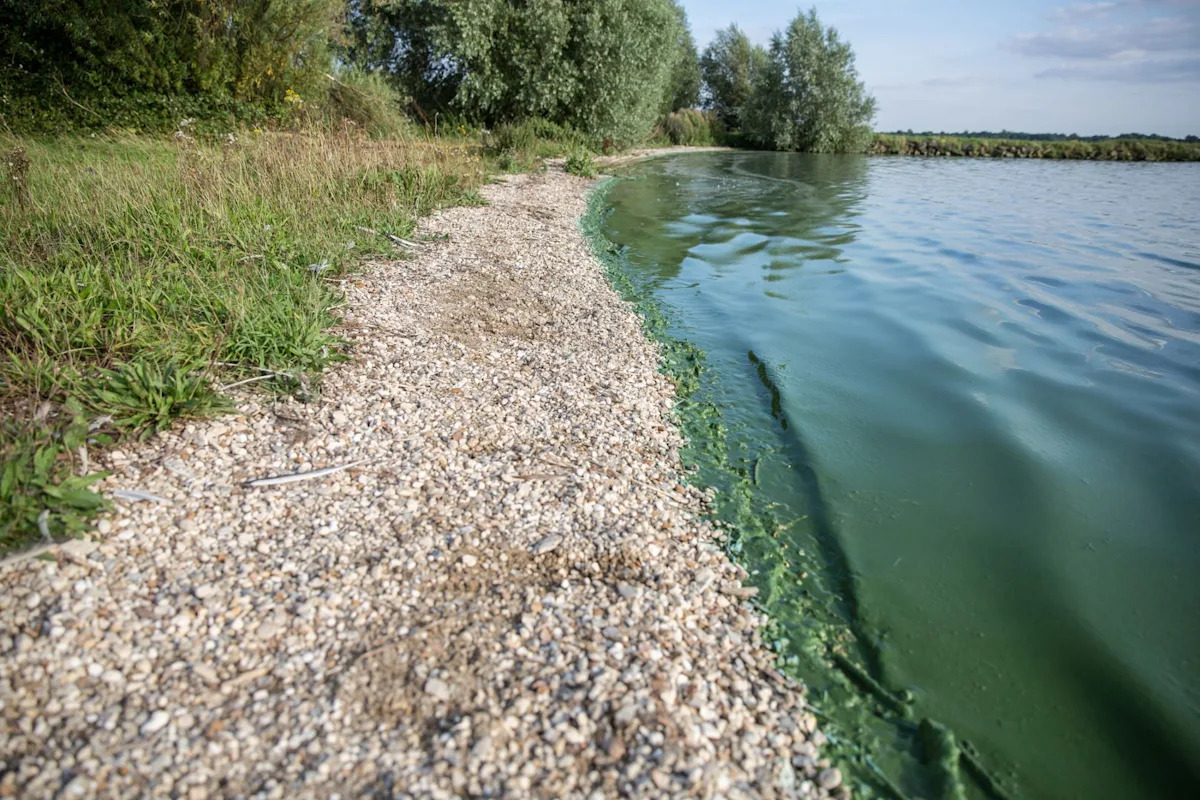Evidence suggests an unwelcome visitor is making its home in UK freshwaters, according to WalesOnline.
What’s happening?
Dikerogammarus villosus, otherwise known as the killer shrimp, was detected in Welsh waterways via DNA testing in the coastal town of Penarth.
The killer shrimp is named after its effective hunting, enabled by its large mandibles. It’s native to eastern Europe, but has been spreading steadily across the continent in recent years.
Additional testing via physical samples is needed to confirm the presence of the shrimp.
Why are shrimp important?
Invasive species are a massive problem. When animals are taken out of their native environment, they’re no longer subjected to the checks and balances they evolved with. In a new habitat, these species can outcompete others for vital resources, pushing out native species. This can lead to a decline in biodiversity and the loss of important ecosystem services.
These losses of services affect humans directly. One estimate suggested that worldwide, invasive species incur hundreds of billions of dollars worth of economic losses every year. Another suggested the costs amounted to over a trillion dollars over 50 years.
Killer shrimp aren’t the only crustaceans on the move. Japanese rainbow shrimp have been drifting into New Zealand waters, and green crabs have made their way to Massachusetts, although they’re native to northern Africa.
What’s being done about killer shrimp?
Some enterprising individuals have begun targeting invasive species as potential food sources. This can reduce their numbers and produce a positive economic impact as a result. Invasive crayfish in the UK have already been pushed back with this tactic.
Following the initial detection, Welsh regulators had plans in place for monitoring the spread of killer shrimp in Penarth, including enhanced monitoring and precautionary measures.
“Given the proximity of Cosmeston to other aquatic environments, the risk of further introductions remains high,” said the Penarth council, per WalesOnline. “To mitigate this, the council enforces strict biosecurity protocols for all lake users, including pre and post-use procedures. These measures were rigorously applied during the recent Aqua Park trial, demonstrating our commitment to preventing further spread.”
Join our free newsletter for good news and useful tips, and don’t miss this cool list of easy ways to help yourself while helping the planet.
